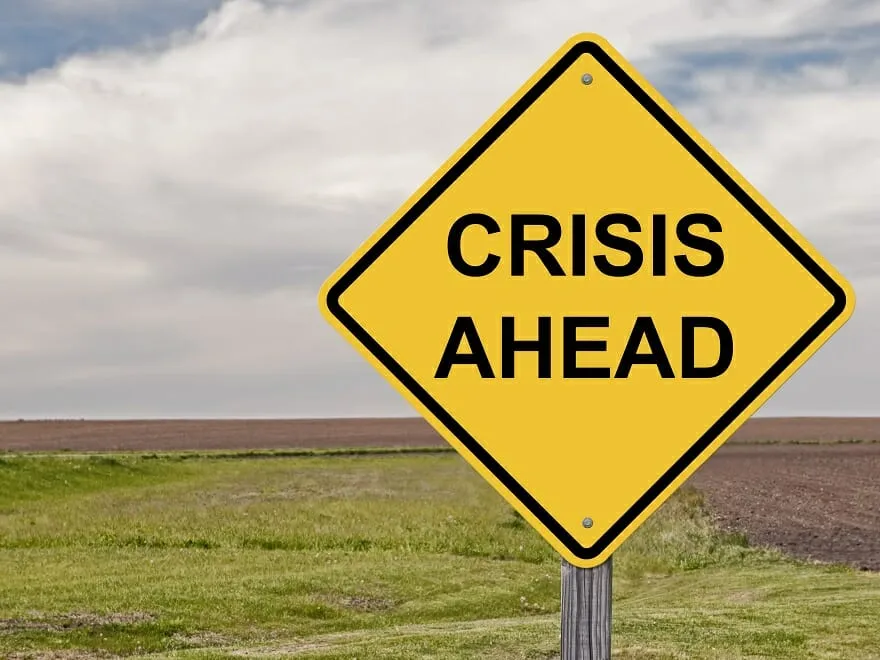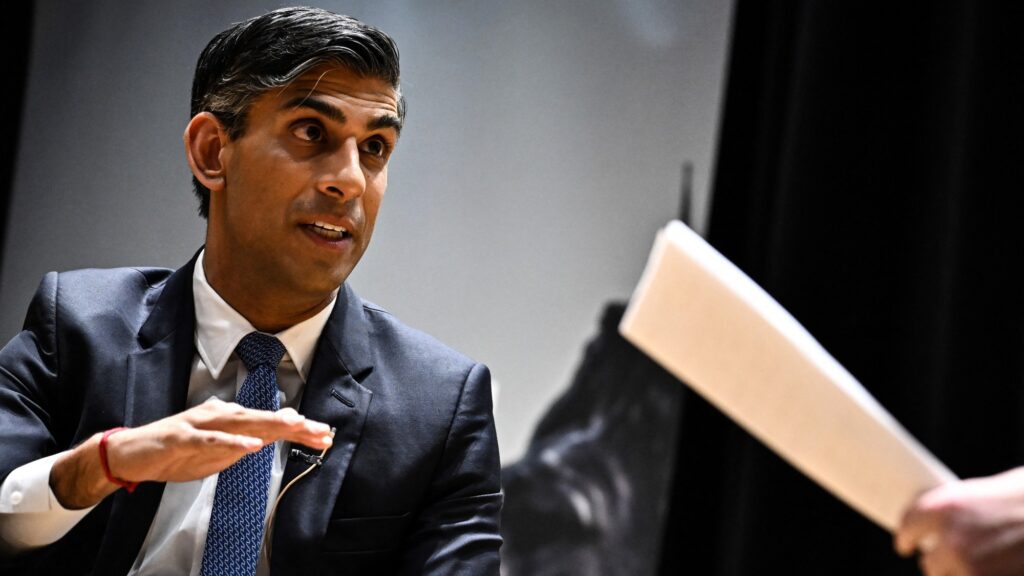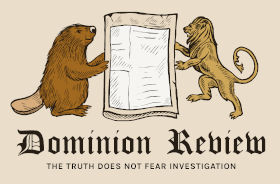While in undergrad, I selected a class called “Social And Political Thought”. I imagined that we might read Immanuel Kant, Adam Smith, Edmund Burke, and Machiavelli. Instead, students were administered a dizzying dose of critical race theory and social justice – for our benefit, no doubt.
One day I raised my hand and inquired why the professor had consistently referred to white people as “settlers” throughout the semester, and suggested that it may be somewhat prejudiced to refer to a race by a term clearly intended as derogatory.
What followed was a five-minute rant of epic proportion; a stream of consciousness which included the memorable claim that “there is no such thing as white people, because race does not exist”!
The Canadian public has now been surveyed on what it thinks about being called settlers by our moral betters in this land’s “institutions of higher learning”. According to a new Leger poll, 47% of Canadians disagree with the use of settler as a descriptor, while 30% don’t know about the term. Fewer than one in four Canadians agree with it.
Jack Jedwab, CEO of the Association of Canadian Studies (which commissioned the poll), said the results point to “a widening gap between the academy and the public at large”. This specific poll is a litmus test for a much wider set of ideas which Canada’s political and cultural elite has failed to instill in the Canadian people.
Think of how often you have heard the evidence-free claim that “diversity is our greatest strength” – whether solemnly pronounced by politicians, or adorned on the wall of your child’s elementary school. Despite the near-constant repetition, Canadians just aren’t buying it.
In a Leger poll released last November, an astonishing 77% of Canadians disagreed with the notion that “diversity is definitely a strength”. Breaking it down further, 21% of Canadians said diversity often causes conflict, while 56% said that diversity is a double-edged sword (almost the exact same percentage of white and non-white respondents chose this last option).
Eric Kauffman, an academic who dissents from the cultural orthodoxies of the day, released a report in February of this year titled “The Politics of the Culture Wars in Contemporary Canada”, which surveyed Canadians on a litany of hot button issues.
According to Kauffman’s report, 78% of Canadians think that “political correctness has gone too far”, 70% reject the premise that Canada is a racist country, and the removal of Sir John A. Macdonald statues is opposed by a margin of two to one.
For a little while, society viewed woke as an absurd, if mostly harmless, lifestyle trend – something like barefoot running shoes. Then, people realized that it had all the attributes of a cult. When that cult tried to forcibly add every Canadian citizen to its membership roll, people began to draw the line.
We now find ourselves in a strange situation in which an ideology held by an incredibly small minority wields considerable influence over our public institutions, political parties, and government policy.

Editor’s note: My Counter Current column is published once every two weeks in the Islands Marketplace paper on Salt Spring Island. This piece will appear in the October 4th, 2024 issue.
All content on this website is copyrighted, and cannot be republished or reproduced without permission.
Share this article!





It seems to me that the “woke” movement like the German romantics requires mental control of physical reality much like magic. If we are rational or even have a modicum of common sense we should be able to realize that only the physically provable as exemplified by experimental science can be trusted as truth.
Common sense is the realization that “Reality is complex but orderly “ sometimes rendered as natural causes for all results. Rationality as defined by the Scottish Enlightenment is the realization that reasonable people will have similar reactions to similar information and that all religions are equally valid but none are provable.